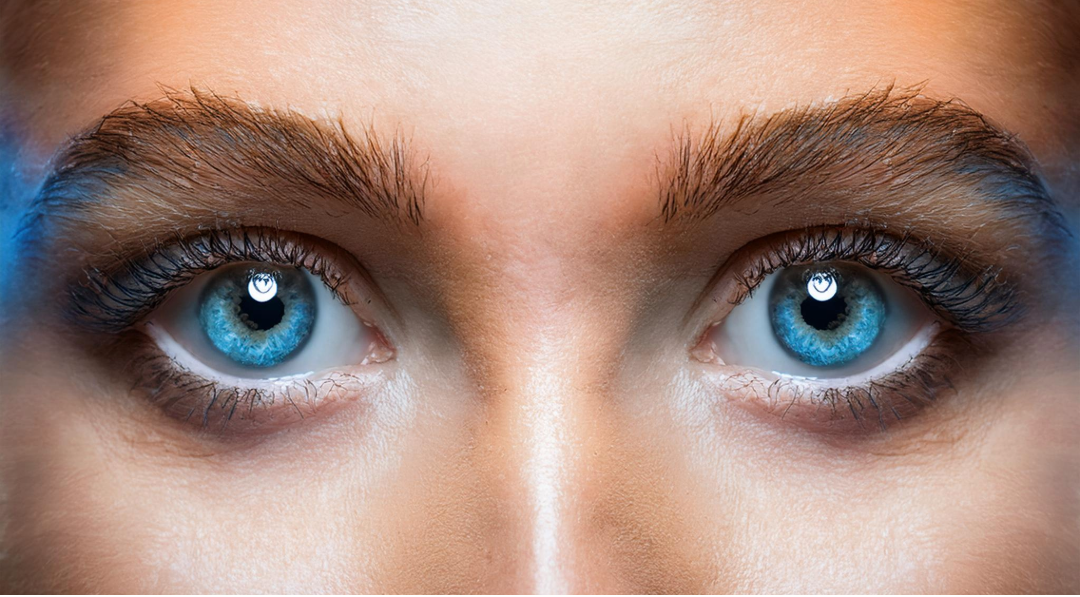What is Lutein?
Lutein is a carotenoid, a type of naturally occurring pigment found in certain plants and other organisms. This yellow-orange pigment gives foods like egg yolks, spinach, and kale their vibrant color. In humans, lutein plays a crucial role as an antioxidant, especially in the eyes. Lutein is a powerful nutrient with many potential benefits, particularly for eye health and overall well-being. As more people look for ways to maintain their vision and support healthy aging, lutein has gained increasing attention.
Lutein accumulates in the macula and retina of the eye, where it helps to protect against damage from blue light and oxidative stress. While the body cannot produce lutein alone, it must be obtained through dietary sources or supplements. Many foods rich in lutein are also abundant in other nutrients that promote eye health, such as zeaxanthin, another carotenoid often found alongside lutein.
Because lutein is fat-soluble, it is best absorbed with healthy fats. A balanced diet rich in colorful fruits and vegetables is the primary way to ensure they’re getting enough lutein, but supplements are available for those who cannot meet their needs through diet alone.
What Studies Have Shown About Lutein
A growing body of research has investigated the role of lutein in supporting various aspects of health, particularly eye health. Numerous studies have highlighted its protective properties against age-related macular degeneration (AMD), cataracts, and cognitive decline.
- Age-related Macular Degeneration (AMD): AMD is a leading cause of vision loss among older adults. Several studies, including the large-scale Age-Related Eye Disease Study (AREDS), have shown that lutein supplementation can help slow the progression of AMD. Participants who consumed higher amounts of lutein and zeaxanthin experienced a reduced risk of developing advanced AMD.
- Cataracts: Research has also shown that lutein can reduce the risk of cataracts, a clouding of the eye’s lens that impairs vision. By neutralizing free radicals and protecting eye cells from oxidative stress, lutein can help prevent or delay cataract formation.
- Cognitive Function: Interestingly, lutein’s benefits may extend beyond the eyes. Some studies suggest lutein could support brain health, especially in older adults. Research has shown that higher lutein levels in the brain are associated with better cognitive performance, suggesting it may play a role in slowing age-related cognitive decline.
In addition to these findings, ongoing research explores lutein’s potential impact on other health conditions, including cardiovascular disease and skin protection.
Benefits of Lutein
Lutein’s benefits are primarily linked to its antioxidant properties, which help protect the body from oxidative stress and damage caused by harmful free radicals. Here are some of the key benefits:
- Improved Eye Health: Lutein is best known for supporting eye health. It acts as a natural filter for blue light emitted by digital devices, sunlight, and artificial lighting. This is particularly important today, as screen time has increased dramatically. By absorbing blue light and neutralizing oxidative stress, lutein helps protect the retina and prevent damage that could lead to long-term eye problems.
- Reduced Risk of Eye Diseases: As noted, lutein has been shown to reduce the risk of severe eye diseases such as AMD and cataracts. Its ability to improve macular pigment density can enhance visual performance, particularly in low-light conditions or tasks requiring sharp vision.
- Skin Health: Lutein’s antioxidant properties extend to the skin, where they help protect against damage from ultraviolet (UV) rays. Some research suggests that lutein may help improve skin hydration and elasticity and reduce the harmful effects of sun exposure.
- Potential Cognitive Benefits: While more research is needed, studies suggest that lutein’s presence in brain tissue may improve cognitive function in older adults. Higher lutein levels have been linked to better memory, learning, and processing speed.
- Anti-inflammatory Effects: Lutein also exhibits anti-inflammatory properties, which may help reduce the risk of chronic inflammation-related diseases like heart disease and diabetes.
Here are 10 excellent food sources of lutein:
- Kale: Kale is one of the best sources of lutein, with about 39 mg per cooked cup. It’s a nutrient-dense leafy green that’s great for eye health.
- Spinach: Spinach is another leafy green high in lutein, providing about 20 mg per cooked cup.
- Egg Yolks: Egg yolks are a good source of lutein, with around 0.3 mg per yolk. The fat in eggs also helps with lutein absorption.
- Corn: Yellow corn contains about 1.5 mg of lutein per cup and is a good source of this nutrient in a non-leafy green form.
- Broccoli: Broccoli provides around 1 mg of lutein per cooked cup and other beneficial nutrients like vitamin C and fiber.
- Peas: Green peas contain about 2 mg of lutein per cooked cup, making them another great option for adding lutein to your diet.
- Zucchini: Zucchini is a good vegetable source of lutein, with around 2.6 mg per cup when cooked.
- Brussels Sprouts: Brussels sprouts contain about 2 mg of lutein per cooked cup and are rich in other vitamins and minerals.
- Avocados: Avocados contain about 0.4 mg of lutein per half, and the healthy fats in avocados help enhance lutein absorption.
- Red Grapes: Red grapes offer about 0.1 mg of lutein per cup, providing a small but beneficial amount of this nutrient.
Incorporating these foods into your diet can help boost your lutein intake and improve your eye and overall health.
Who Should Not Take Lutein
While lutein is generally considered safe and beneficial for most people, certain groups may need to avoid or limit their intake. As with any supplement, it’s essential to consult a healthcare professional before beginning lutein supplementation, particularly for the following individuals:
- Pregnant or Nursing Women: Limited research exists on the effects of lutein supplements during pregnancy or breastfeeding. While lutein from dietary sources is considered safe, high-dose supplements may not be advisable without medical supervision.
- People with Allergies to Specific Lutein Sources: Some lutein supplements are derived from sources like marigolds. If you have known allergies to plants or flowers, checking the supplement’s origin to avoid potential allergic reactions is essential.
- People on Medication: Those taking medications, particularly for eye conditions or other health issues, should consult their doctor before adding lutein supplements. Lutein may interact with certain medications, potentially affecting their efficacy.
Summary
Lutein is a valuable nutrient with proven benefits for eye health, particularly protecting against age-related conditions like AMD and cataracts. Its antioxidant properties also extend to potential benefits for the skin, brain, and overall inflammation reduction. While lutein from dietary sources is generally safe for most people, those considering supplements should consult a healthcare provider, especially if they are pregnant, nursing, or on medication.
Incorporating lutein into your diet, through foods like leafy greens, egg yolks, and supplements, can be a proactive step in supporting long-term eye health and overall well-being.


Use Coupon Code: FREE
*Sorry, coupons can't be combined.